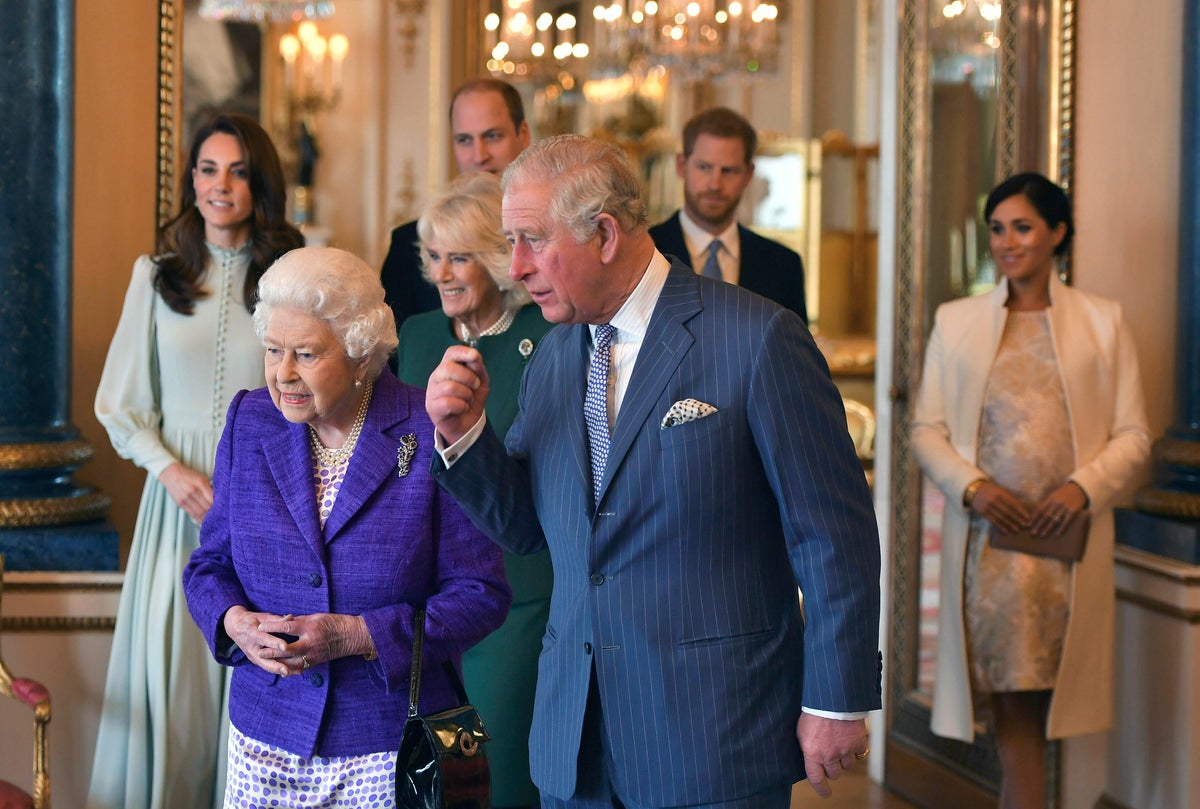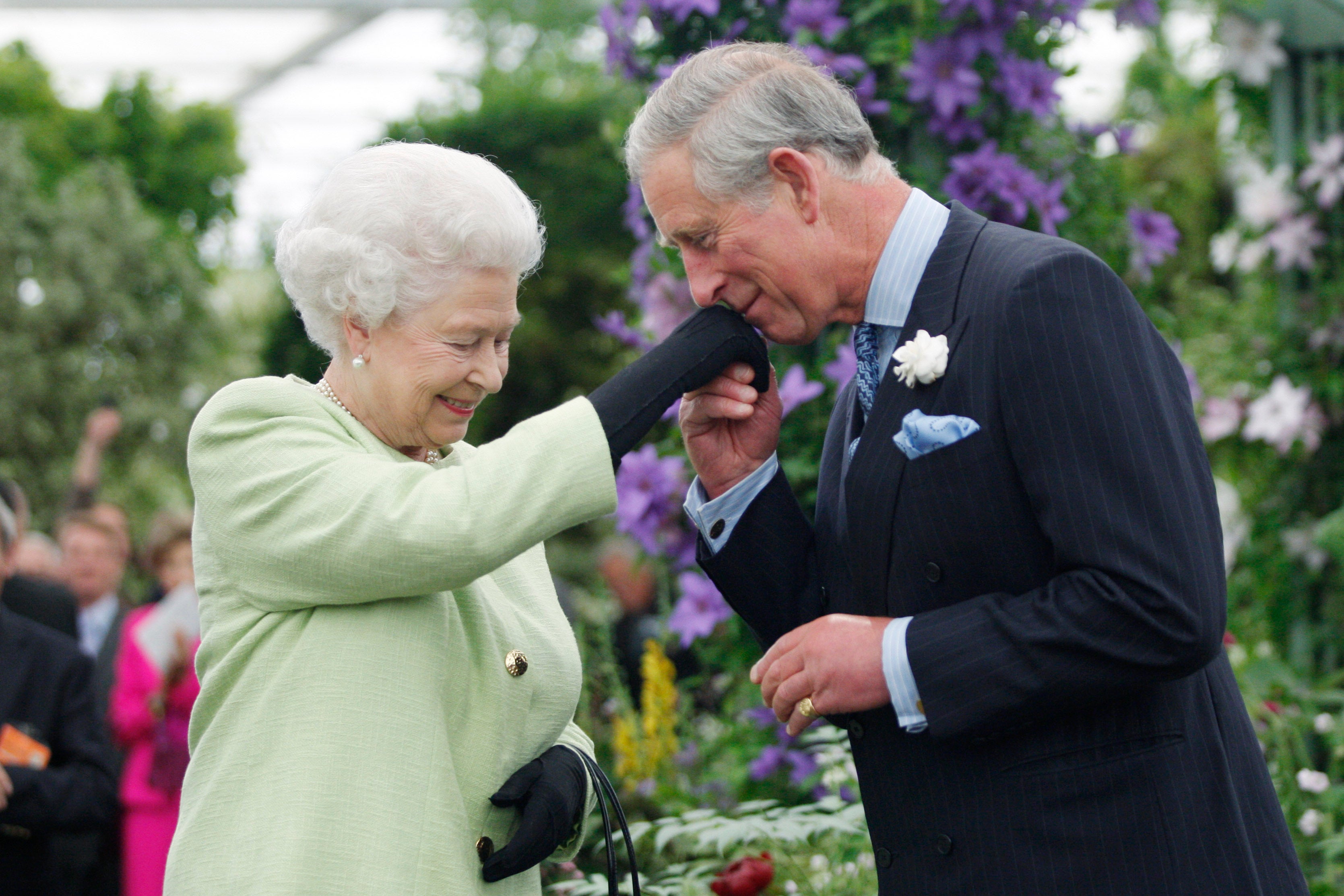
Jonathan Dimbleby, who presented two documentaries on King Charles III, has detailed the major differences between the new sovereign and his late mother, Queen Elizabeth II.
The broadcaster presented the 1994 ITV documentary Charles: The Private Man, the Public Role as well as the 2022 documentary Charles, The Monarch and the Man, and has come to know the King well over the past 30 years.
Ahead of the King and Queen Consort Camilla’s coronation on Saturday 6 May, Dimbleby reflected on how Charles’ personality and impact differs from his predecessor, who died last September.
Writing in The Times, Dimbleby said that Charles “does not cause the ‘good and great’ to quake with awe before him” like his mother did, adding that the new monarch does not “wish” for that.
“He venerates her memory, but he is very different,” he continued. “Where her hallmark was serenity, his is engagement. He is informal and easily approachable.
“He has that rare gift of making others think that they are interesting. And when he smiles and laughs, you can see he means it. You can’t fake that in public any more than you can in private.”
Dimbleby also described the King’s “greater qualities” as being his “warmth, lack of pomposity, sense of humour, kindness, generosity and compassion”.
“He is not a fake but the real deal – a man of personal anguish,” the journalist added.

The King is not immune to “commonplace human frailties”, however, Dimbleby wrote. “Is he sometimes glum? Downhearted? Can he be irritable? Lose his temper? Of course.”
But Charles’ ability to go through certain hardships “so stoically” is thanks to Camilla, to whom he has been married for 18 years.
Dimbleby said: “She is his great love, his shield and counsellor, a source of much no-nonsense wisdom.”
He described Camilla as being able to “understand [Charles] like no other” but also as someone who “brings happiness and contentment into his life, balm for a once troubled spirit”.
Charles and Camilla will be crowned in the joint ceremony this week, the UK’s first coronation since that of the late Queen Elizabeth in 1953.
Following the historic occasion, the King and Queen will travel back to Buckingham Palace in a grand procession and will wave at the crowds from the balcony alongside other working members of the royal family.

.jpg?w=600)





